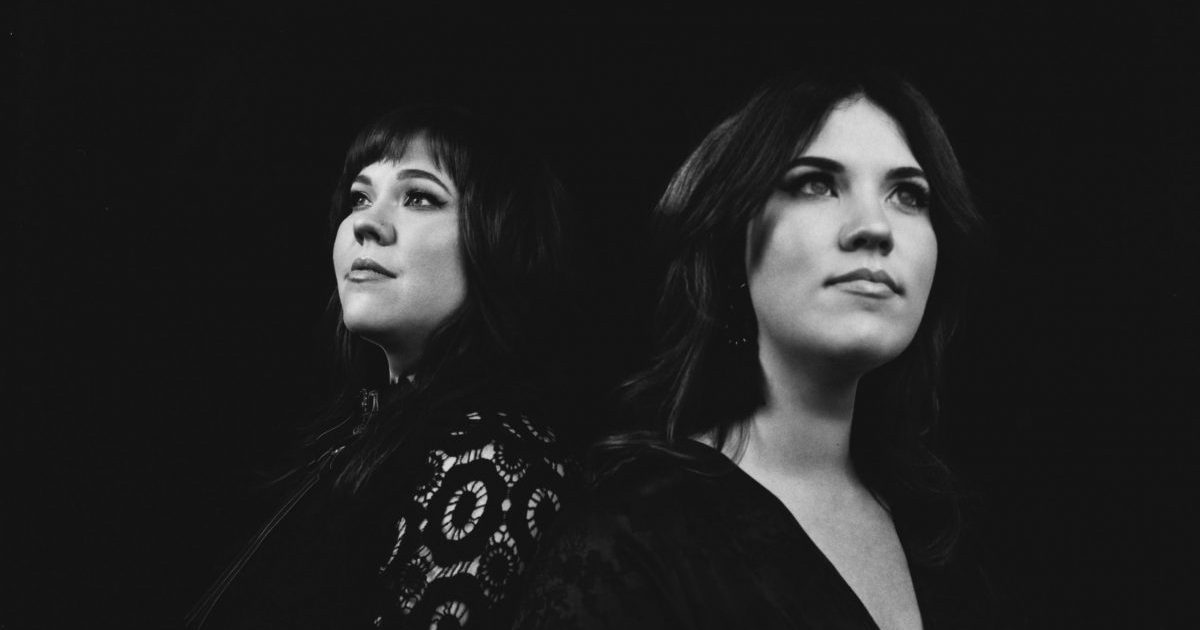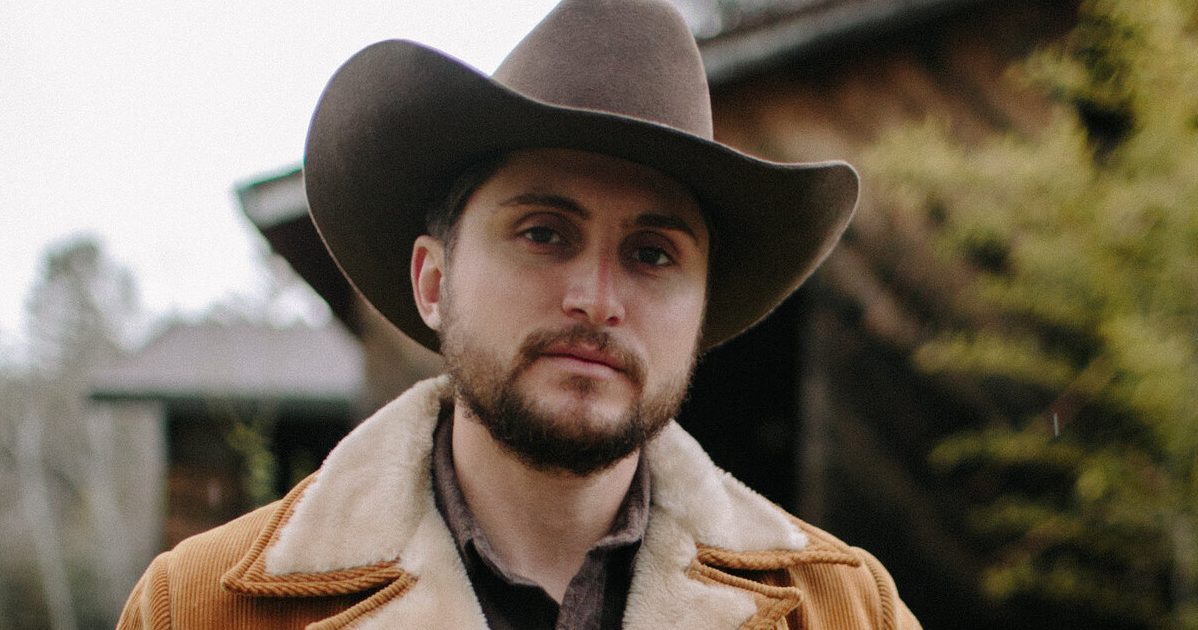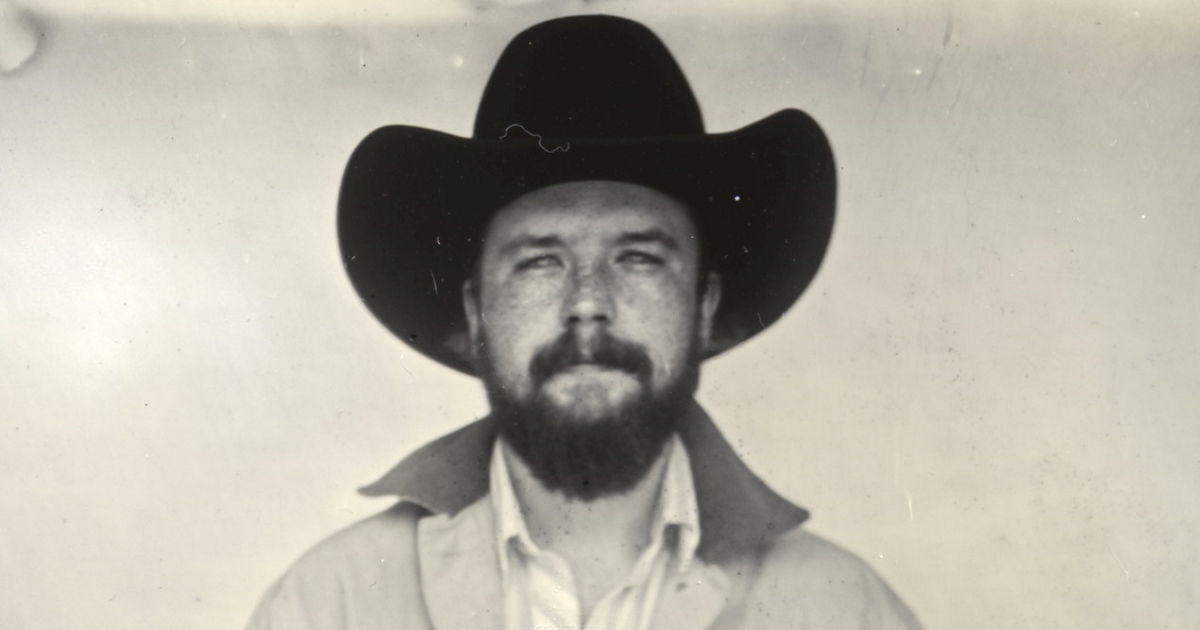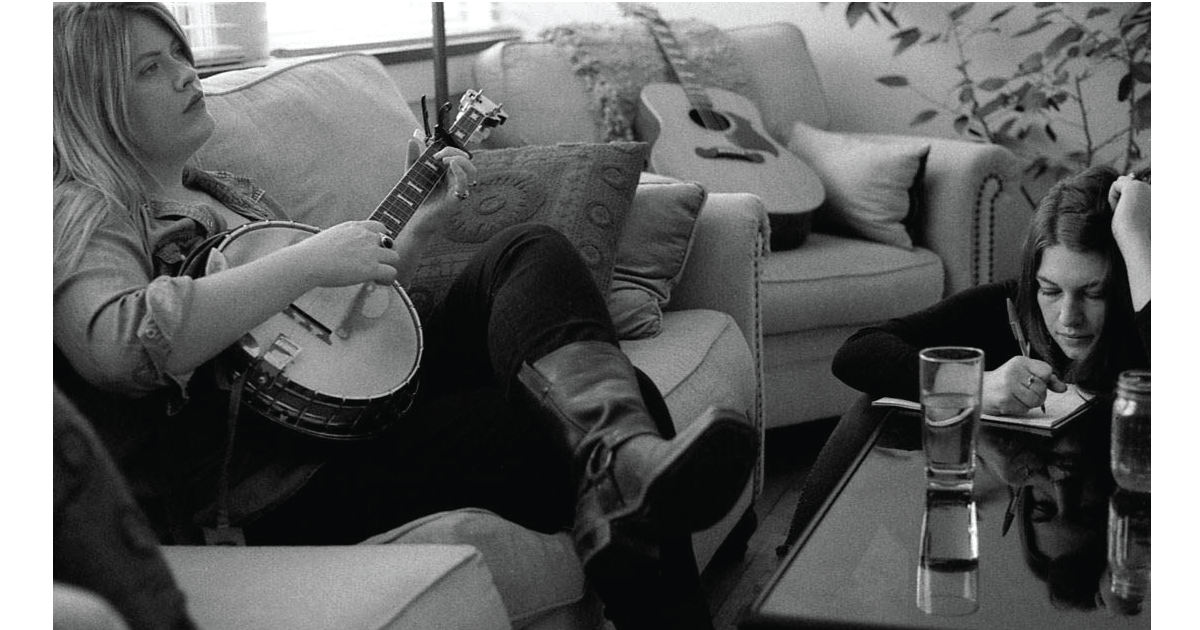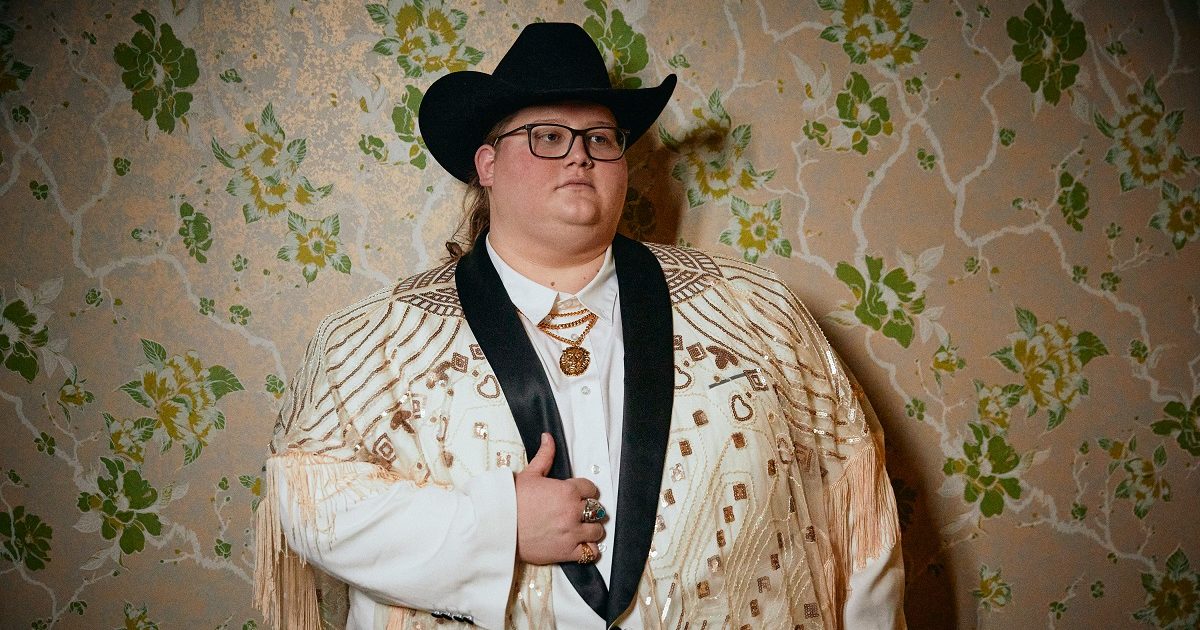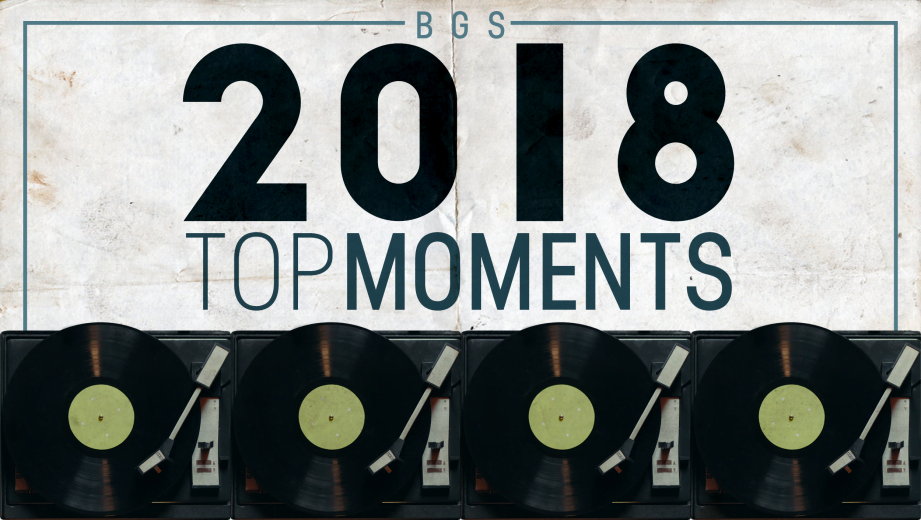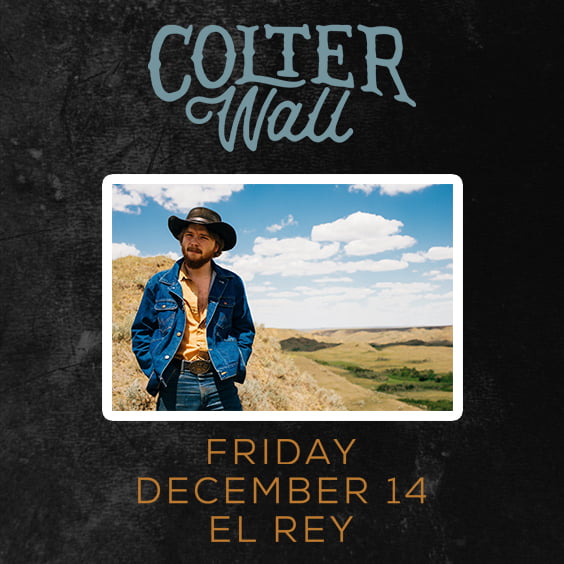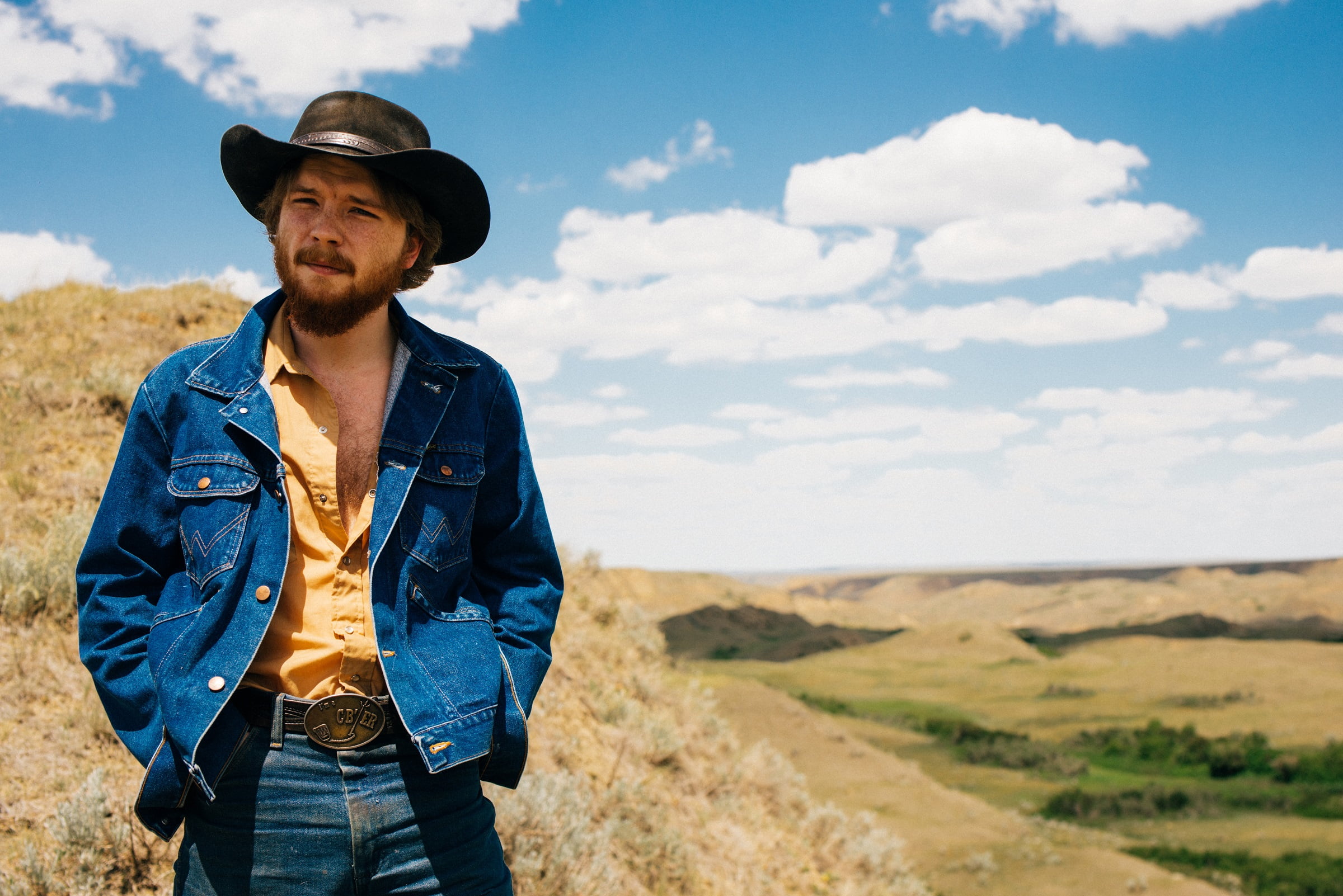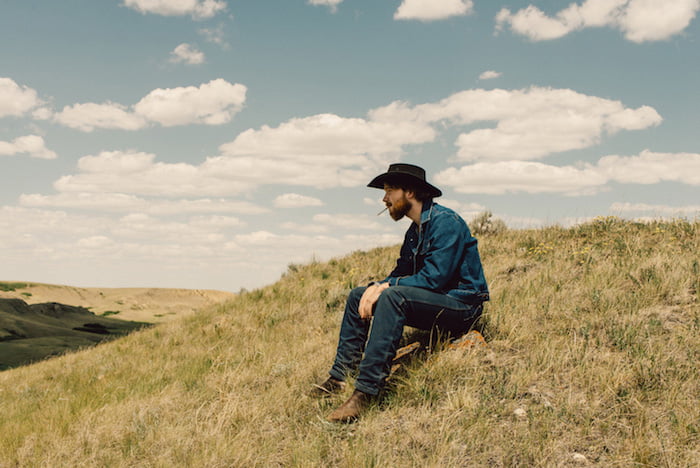We have some very chill vibes happening north of the border, so I’ve put together a playlist of my current isolation favourites, with a focus on the music scene here in my adopted home of Montreal. This is not a who’s who of club bangers or country twangers, although there’s a time and a place for both. Instead it’s my special collection of laid-back, Canadian, genre-fluid, slow afternoon-drive royalty. — Mike McKenna Jr.
Foxwarren – “Sunset Canyon”
I’ve been into this song somethin’ fierce lately so it’s at the top of the list, and it honestly makes me want to melt into my couch just hearing it now. If an ice cream sandwich started a band it would probably sound like Foxwarren, and no I don’t have any idea what I mean by that.
Deadhorse Beats – “Inglaterra”
When I first met Patrick Wade (AKA Dead Horse Beats) here in Montreal, through the small but tight-knit Nova Scotia community, we seemed to have skipped over the fact we were both musicians. Turns out he had some really fresh tracks up his sleeve, eventually showcased in his 2019 record Inglaterra, and since it dropped I’ve had it on repeat.
Hanorah – “Saturn Return”
One night I went out to meet a friend at a local dive bar, who told me she’d be singing backup for this artist named Hanorah. The bar was an absolute pile of trash, but as the music started this confident, natural voice cut through the nonsense… it was holiness.
Leif Vollebekk – “Elegy”
Another true Montreal gem, Leif is a piano and chill mastermind, with several other great songs from this album worth mentioning like “Vancouver Time” and “Into the Ether.” His music has a simple beauty and “Elegy” was a must include, or me getting stoned and making a playlist didn’t happen.
Buffy Sainte-Marie – “Helpless”
“Helpless” may have been written by Neil Young and first recorded by both Crazy Horse and Crosby, Stills, Nash & Young, but there is something raw and badass about Buffy’s 1971 rendition. She’s an icon, and this throwback has a little je ne sais quoi that I connected with as soon as it hit my ears.
Bahamas – “Lost In The Light”
The first time I heard Toronto-born songwriter Afie Jurvanen’s “Lost In The Light,” I was lost on a documentary binge, and it stood out while watching a short-doc about a guy from Nova Scotia living on a sailboat and cruising around the Caribbean. The melody cemented that image into my head; the clear turquoise water, the fresh fish, the freedom, the cool pocket knife… funny how vividly a great song can transport us somewhere.
Rosier – “Vie peníble”
This pastel-adorned, traditional turned indie band has strong roots in the folk music community here in Quebec, and it shows subtly throughout their youthful dream-pop songs à la française. My own newest release At the Edge of the World features two members of Rosier, so yes you’re right that I’m very biased, but unapologetically so.
Colter Wall – “Kate McCannon”
We’re deep into the session so we needed a dark horse, and “Kate McCannon” is not only an epic and old school tale, but my sister’s name happens to be Kate. So it sounds a hell of a lot like Kate McKenna to me sometimes when it’s on in the background, and then I have to stop whatever I’m doing and plan to avenge her death at the hand of this s.o.b. prairie boy. But honestly this song is captivating, vivid storytelling and I’m into it big time. Respect!
Andy Shauf – “The Magician”
The opening track to Andy Shauf’s 2016 record, The Party, sets the tone for an album written by an incredibly observational songwriter, and entirely about one awkward, eventful night. He’s the only artist to be featured twice on this list, and deservedly so, since he also happens to be the lead singer of Foxwarren.
City and Colour – “Sleeping Sickness”
This song reminds me of driving across Canada for the first time a few years ago, passing by fields and endless trees and more lakes than you could imagine. Although it doesn’t say in the title, “Sleeping Sickness” includes a guest spot by the late Gord Downie of the Tragically Hip, which makes this one a bit more special.
Geneviève Racette – “Magnetic Love”
My good friend, and a truly exceptional songwriter in both French and English, Geneviève Racette got some serious national attention last year after releasing her album No Water, No Flowers. It’s no accident that I placed this one right after City and Colour, since it was upon hearing her new track “Parachute” that lead singer Dallas Green became incredibly vocal about how strong of a record this truly was.
Jon Bryant – “Paradise”
People from my home in the Canadian Maritimes love to champion someone as our own, and even though Jon Bryant has relocated to the West Coast we know he’s a bluenosin’ Nova Scotian. “Paradise” is my favourite track from his new record, Cult Classic, and it demonstrates that he’s absorbed a lot of that laid-back, free-spirit energy BC is known for.
Mike McKenna Jr. – “At the Edge of the World”
It was suggested, maybe even encouraged, that I include at least one of my own songs, so I chose the single and title-track from my just released 8-song album, At the Edge of the World. It features some lush, dreamy production courtesy of Victoria, BC’s Quinn Bachand (Brishen, Kittel & Co., Rosier), and a ’70s-inspired, harmony laden, pedal-steel infused backing band.
Les Louanges – “La nuit est une panthère”
Yesterday I asked my bandmate Colin Savoie-Levac (Rosier, the Duhks) if he wanted to throw something into the mix that he’s really into right now. His pick was this sweaty, sexy number from Quebec’s indie pop powerhouse, Les Louanges, and I wasn’t disappointed!
Rose Cousins – “Freedom”
A live video recording of “Freedom” is what originally pulled me into a deep Rose Cousins wormhole, but the studio version is such a dramatic, powerful and universal piece of work. My natural conclusion is she’ll go down as one of our greats.
Mac DeMarco – “This Old Dog”
This song has been in a few of my playlists lately, as it’s strange but smooth lull makes me feel like I’m floating on a druggy cloud. Although I know “Chamber of Reflection” or something from his outstanding 2014 album Salad Days might be an easy crowd-pleaser, I really like the stripped-down, tight, melodic nature of “This Old Dog.”
Wild Rivers – “Thinkin ‘Bout Love”
I’ve been following the trajectory of this band for a while now, ever since we’d both entered a national song contest and I came across their soulful, catchy pop song “No Ribbons.” It was released under a different name, but when they launched into the mainstream as Wild Rivers and dropped “Thinkin ‘Bout Love,” I wasn’t surprised to see them selling-out shows and thriving.
The Sheepdogs – “The One You Belong To”
Trying to remember where I was when I first heard the Sheepdogs, but the memory is smothered by a thick cloud of smoke. The retro, soulful, southern-rockish band out of Saskatoon hits my nostalgia buttons with a Woodstock-esque punch, making this jam a perfect way to finish off my list!
Photo credit: Elena Samuel
